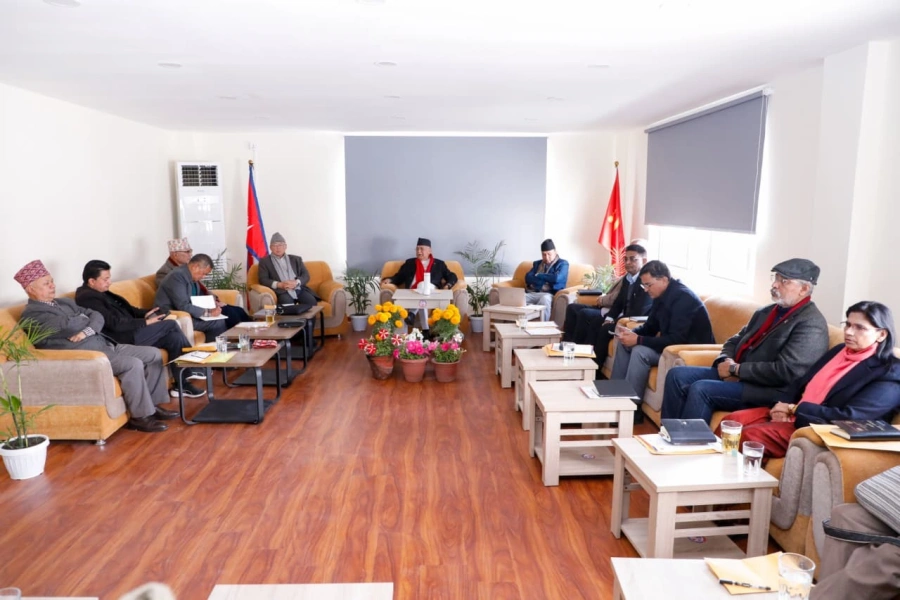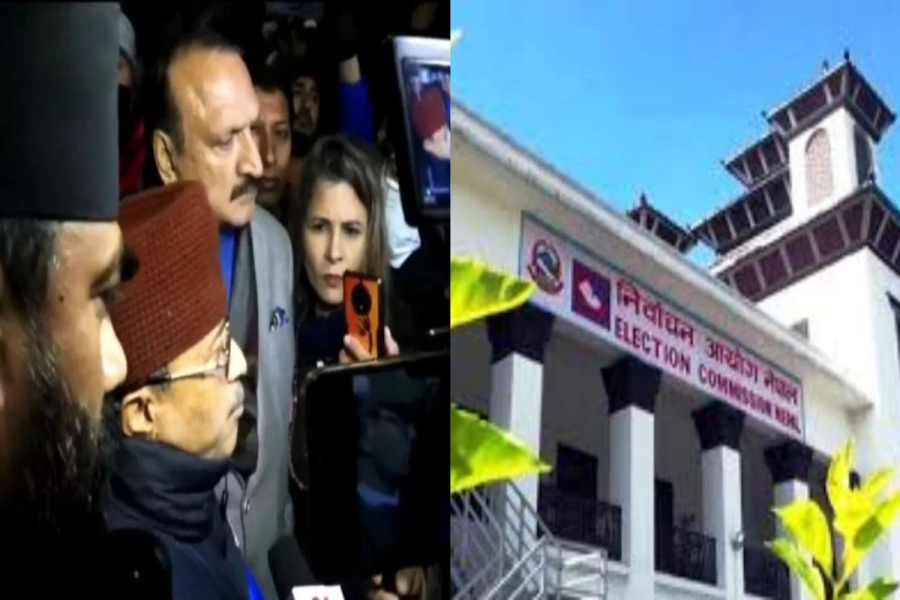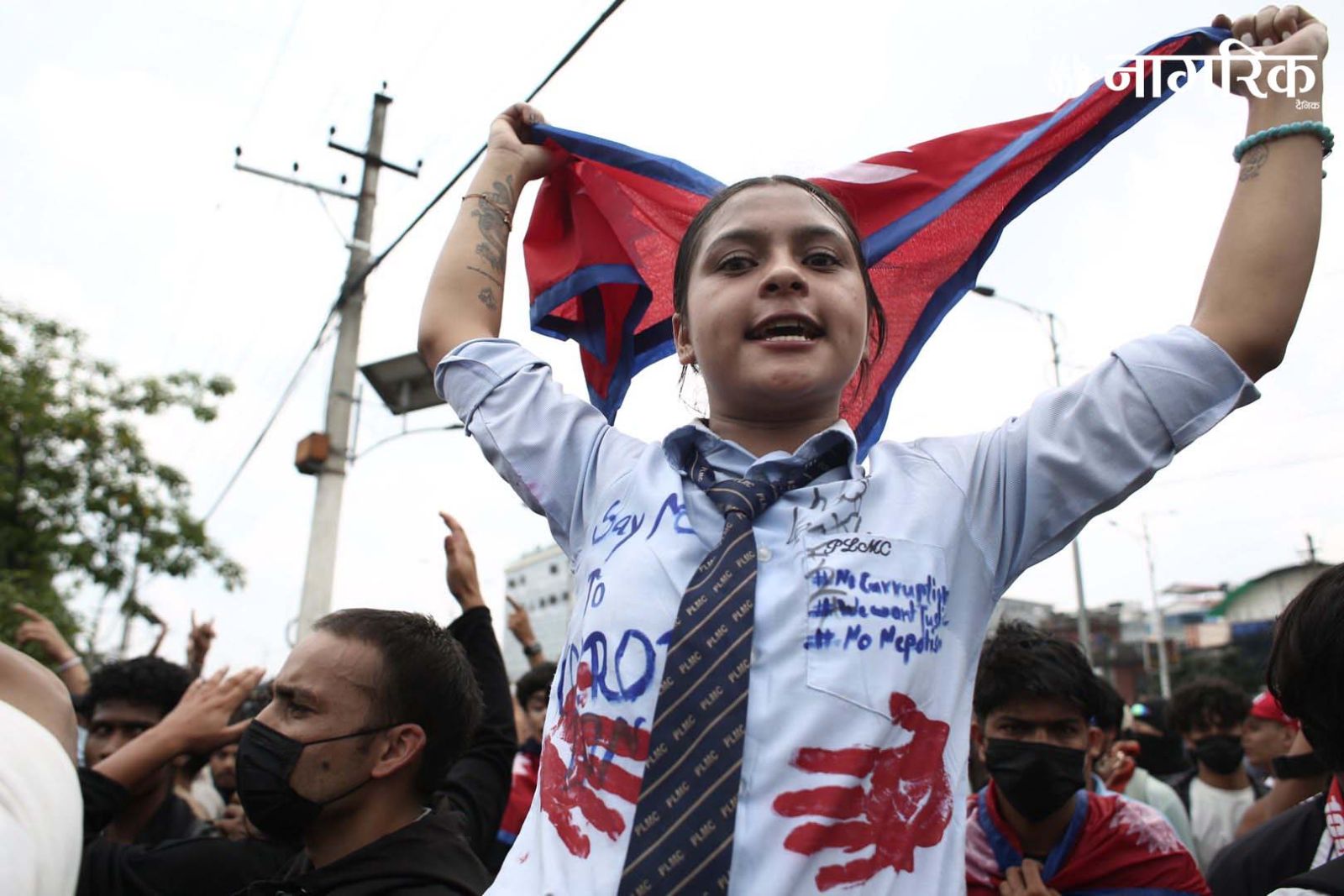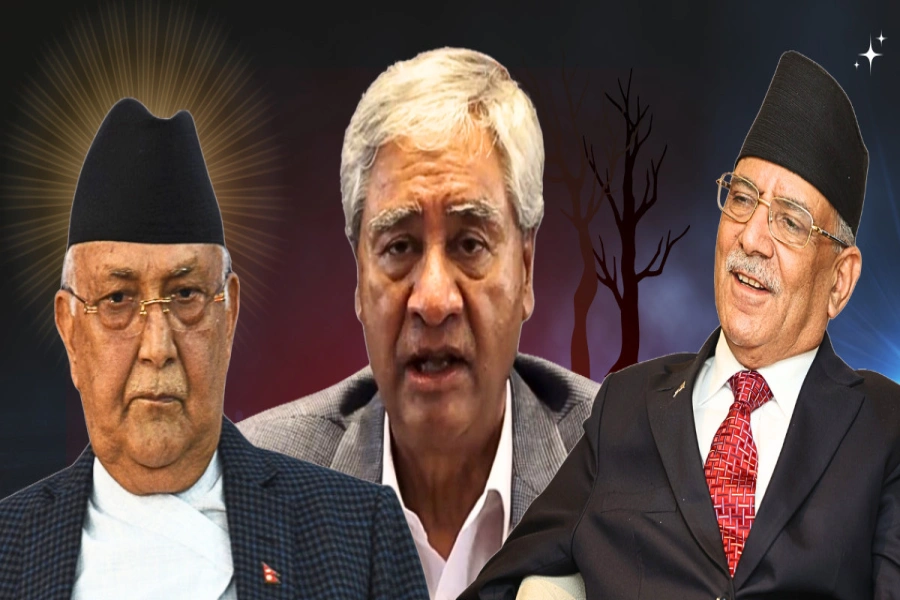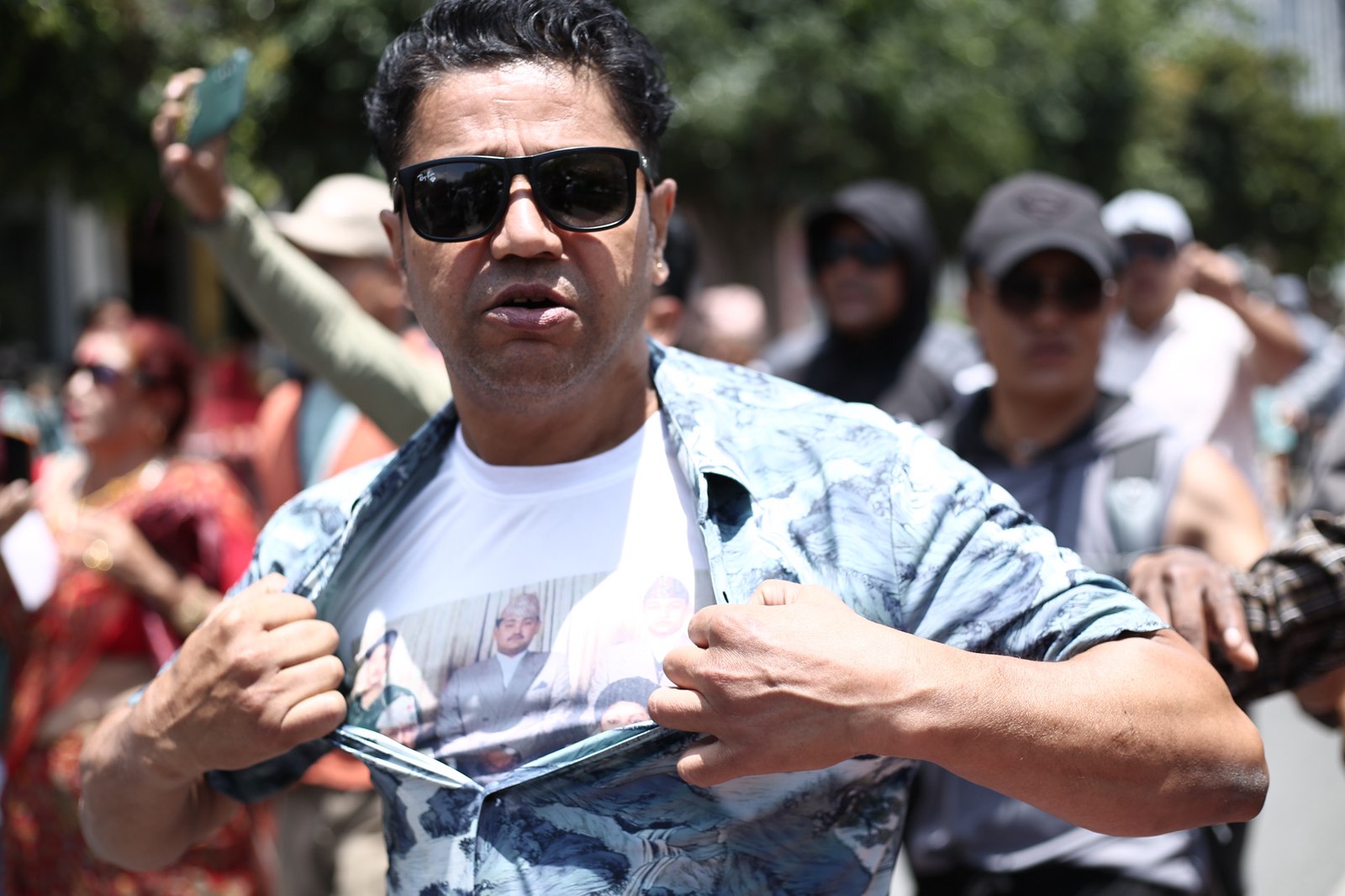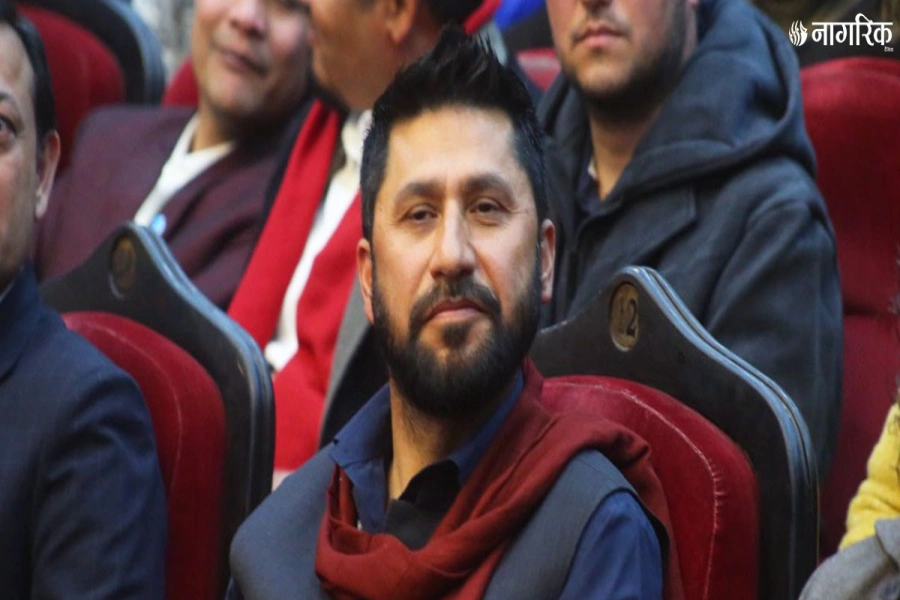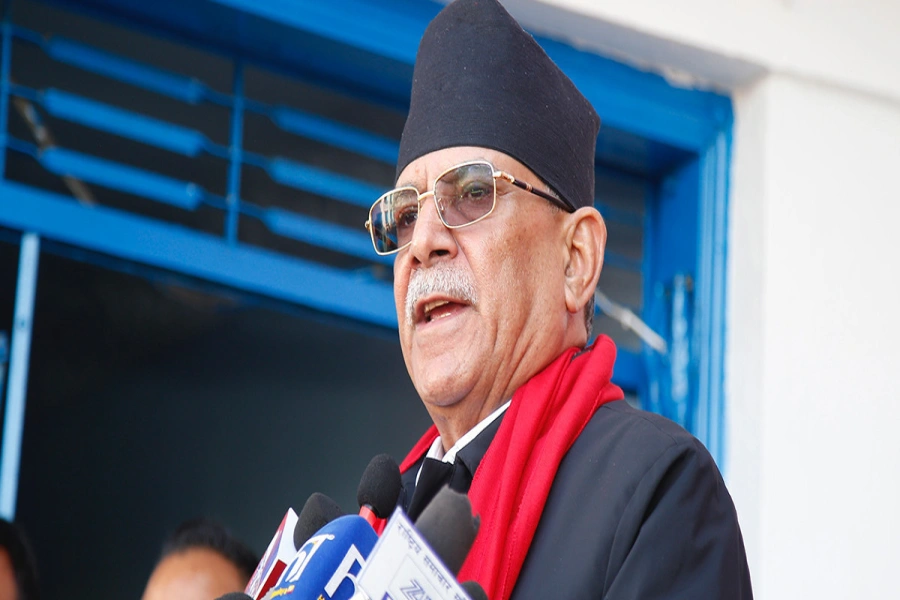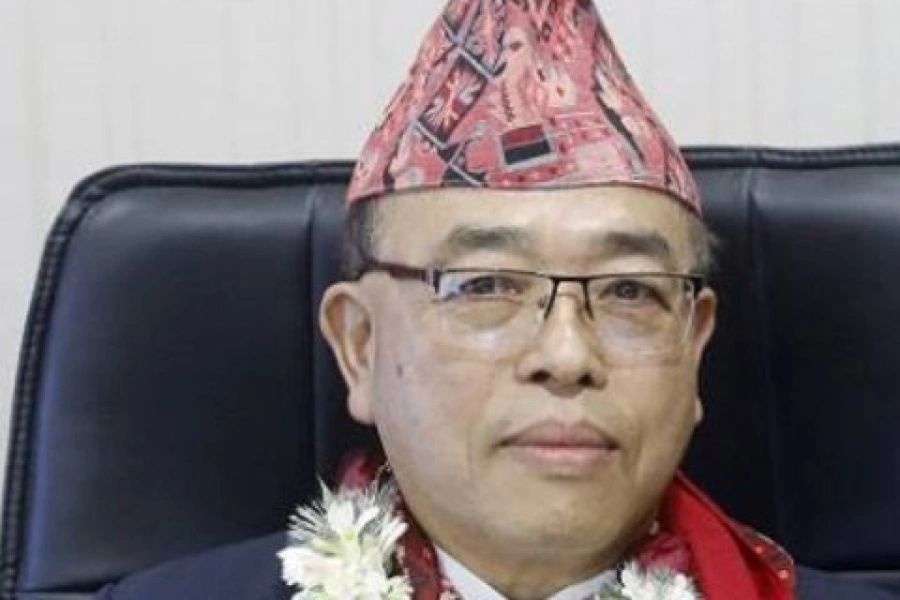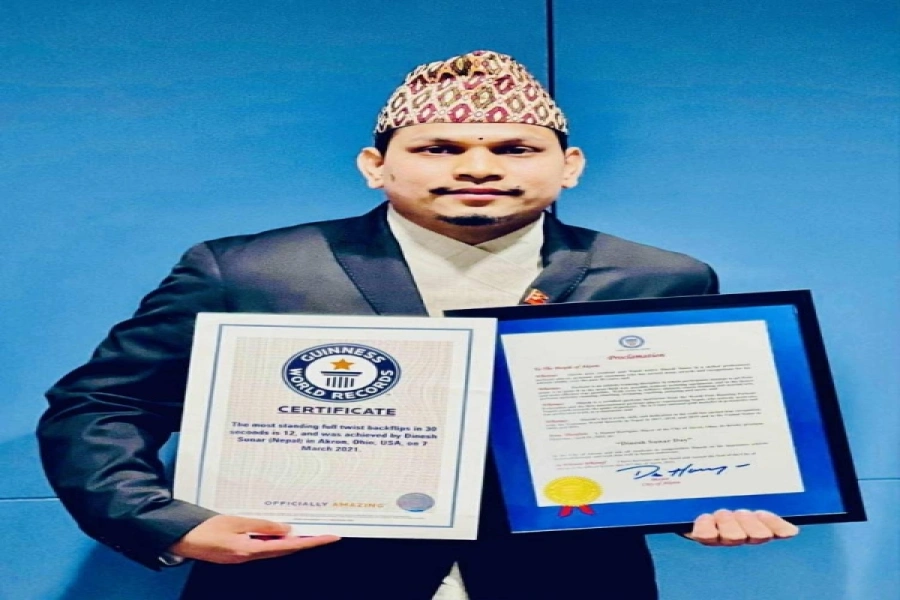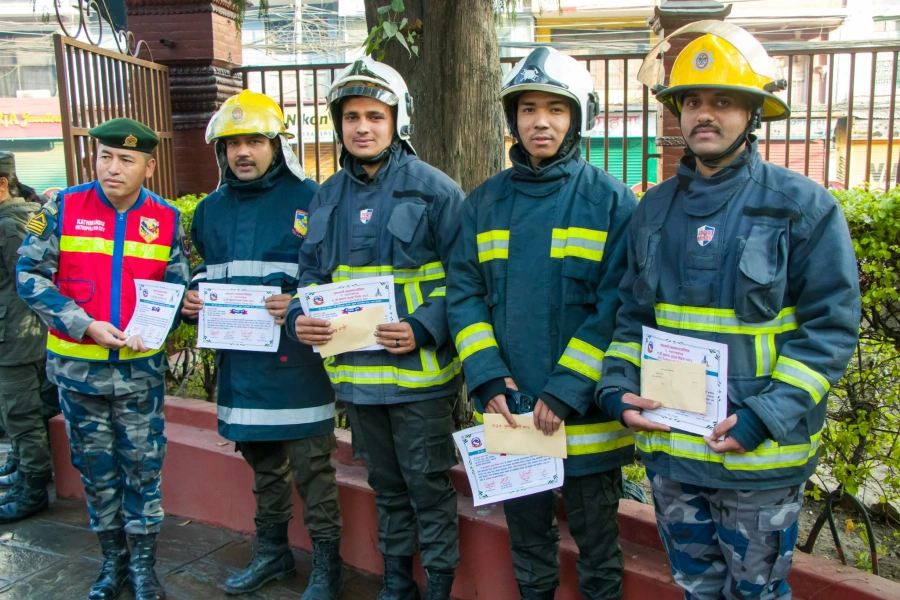The incidents of last Friday, whether accidental or intentional, demonstrate that Nepal has a swampy political landscape and its stability, if not entirely an illusion, is, in any case, weak enough to be undermined by a handful of anarchists.
Known for its tolerant and friendly people, Nepal has suffered immensely in the past few decades. When the monarchy, which had been in motion for centuries, blatantly displayed its fangs after the death of King Birendra, a relatively liberal ruler, people poured to the streets against the oppressive regime. Countless people lost their lives. Tears were shed, daughters were raped and sons were ruthlessly shot. After enduring wounds that were to take several years to heal, this Himalayan nation marched into the light of what seemed like a beacon of prosperity: Nepal became a democratic republic. The century-long monarchy had received its fatal blow.
Like most European nations, like India, like Singapore, like the USA, Nepal too joined hands with modernism. There was joy, there was hope, there were celebrations everywhere. Even the mothers who had lost their sons and daughters to the revolution, were filled up with hope and a buoyant sense of justice. Their smiling faces were testament to the inner conviction that what their children had died for were now accomplished. However, as the cradle years went by, people’s conviction turned to hope, and hope rotted away to despair. Elections after elections were conducted, but never did Nepal receive a stable government. People began to see through the faces of their corrupt leaders, and became increasingly indignant and resentful. One group, the pro-monarchists represent, in a way, though not wholly, the voices of these people.
Terrorism and anarchy are inimical to democracy, press freedom:...
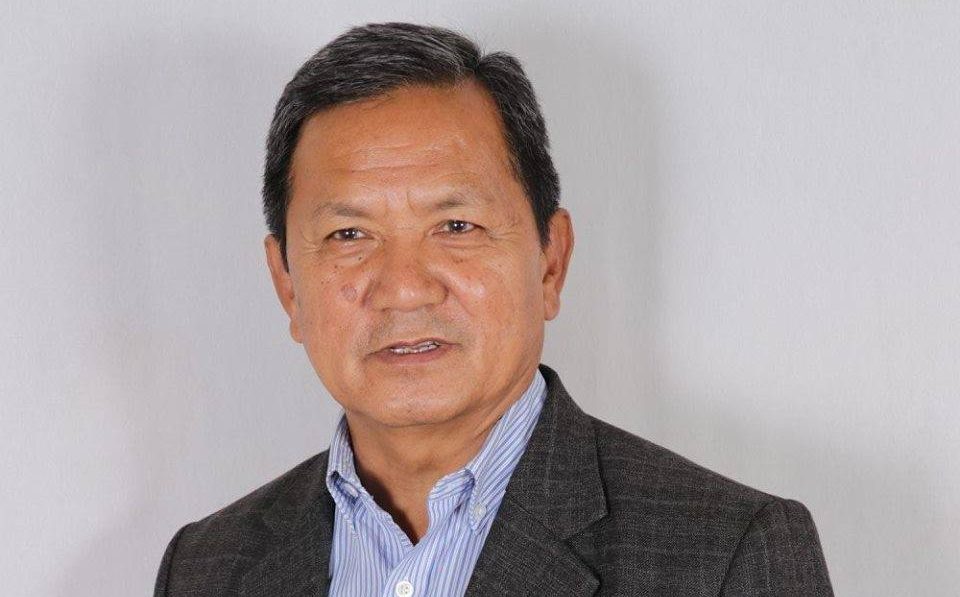
Though some have given up on democratic republic, there are many who still hold that, despite its regretful flaws, progress and individual freedom has been better in the new system. On Friday it was these two groups, the pro-monarchists and the republicans, who were set to stage simultaneous demonstrations at two different locations in Kathmandu. The authorities had anticipated that the streets would likely remain tensed due to this. After all, the pro-monarchists might vent their repressed rage against the current administration by inciting violence. Besides, the two groups, who hold linearly antithetical ideologies, might also end up clashing with each other. “Our target is to limit the protest. We have decided to mobilize more than 3, 000 at various locations in the capital to manage the crowd,” SP Anil Raj Bohora had said last Thursday, while speaking to Republica.
Yet despite the tighetened security, riots and violence swept through the capital that Friday, leading to the death of two people. Several more were injured and properties worth millions were either set to fire in some places or vandalised in other places, while at the same time Jadibuti factory in Koteshwar was completely ravaged by the pro-monarchy demonstrators. The situation got so worse that the metropolitan had to declare curfew at several locations that evening. No doubt, these losses of life and property could have been prevented had the response from the police force been more efficient and timely. Spokesperson for the Nepal Police Deputy Inspector General (DIG), Dinesh Kumar Acharya, told Republica, “The police failed to bring the situation under control due to the deficiencies in operational efficiency and morale.”
The terrifying echo of what happened in Kathmandu was heard in every remote corner of the country. If the capital, with its strongest security vigilance, can become unstable so swiftly, so unexpectedly, naturally other parts of the country are more vulnerable. The reason police could not keep the situation in full control, despite their conscious effort and plannings, is that the country has still not adapted securely to the democratic ideologies. That is to say, the leaders in power have not delivered the result that has been expected from them. There is a parasitic tendency within the leaders that has, like a mite, crippled the security personnels to the marrow.
Not only the security but the whole nation has been undermined. If there is any lesson that can be drawn from Friday’s violence, it’s this: the country needs a change, whether it's the complete toppling of the current system, or the change in the mindset of the leaders. If the leaders remain cocooned in their paradise of satisfying personal greed but remaining complacent to the woes of the nation, the violence of anarchist forces is going to become the recurrent day-to-day nightmare of the country.




